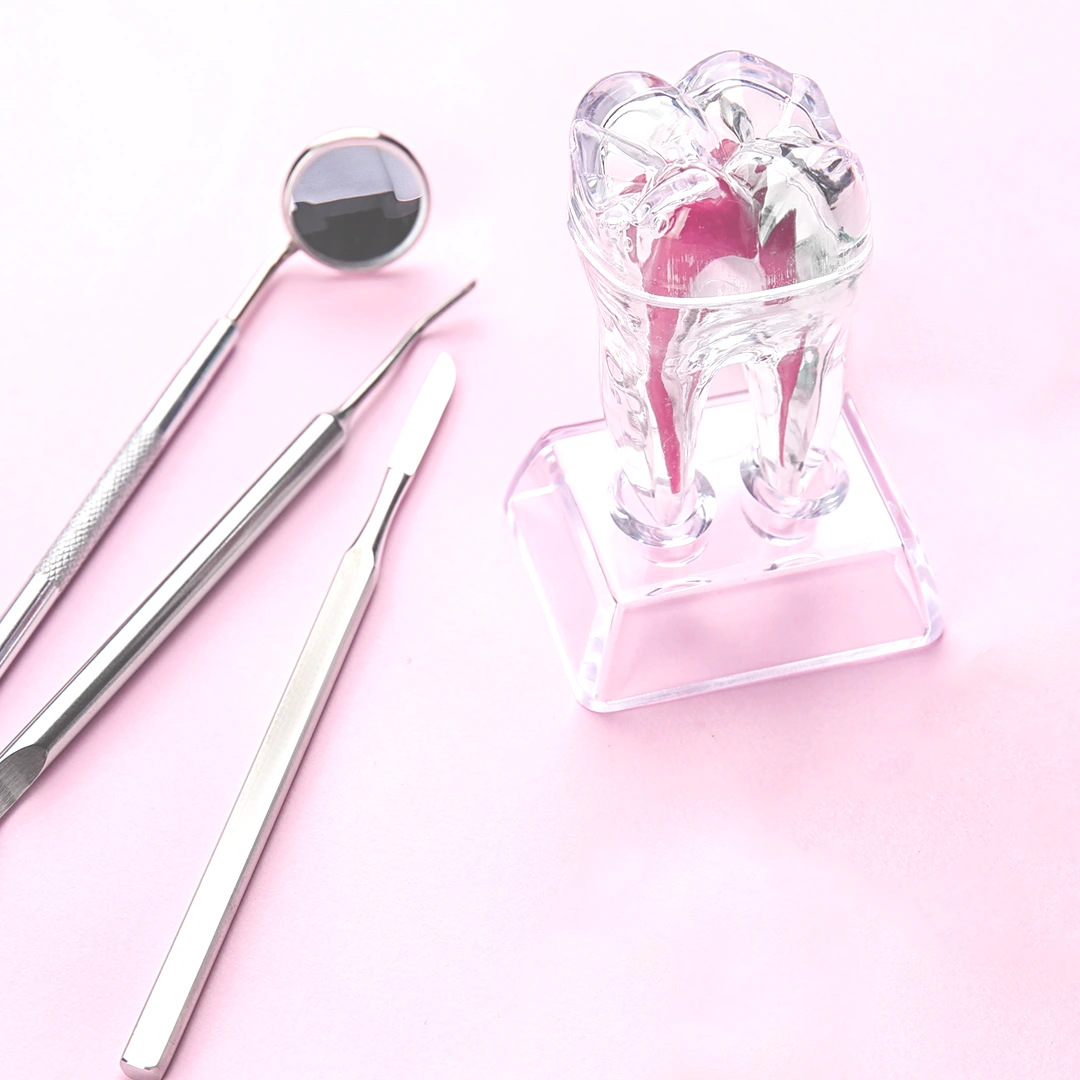Dental Surgery
Dental surgery is sometimes necessary to heal infections or pain, especially when it’s related to wisdom teeth or grafts.

Dental surgery.
Dental surgery is sometimes necessary to heal infections or pain, especially when it’s related to wisdom teeth or grafts.
Wisdom teeth.
Formerly necessary for chewing, wisdom teeth have become superfluous over time as humans and their eating habits have evolved. They don’t usually make people feel wise — they mostly just cause pain and get in the way!
Not everyone needs to have them removed systematically; the dentist first needs to make an assessment. Are they fully erupted, semi-impacted or impacted? The dentist must evaluate the space and path of each tooth before pain begins, without taking the risk of inflammation or gum disease. The decision to extract them is made on a case-by-case basis, and the dentist can evaluate whether the extraction should be done all at once or one tooth at a time if all four need to be removed. Depending on the surgery’s complexity, the post-operative period may vary. Generally, four to five days of rest are needed.
Periodontal surgery.
Periodontal disease must be monitored carefully. The patient must visit the dentist regularly to monitor gum health and make sure to maintain good oral health. Surgery can sometimes be necessary to help heal periodontal diseases. Dr. Zeina Abou-Khalil provides clear instructions and recommendations, and can explain gum grafts and other treatments with a reassuring approach.
Most of the time, if a patient has followed post-operative instructions carefully and has taken painkillers to aid with recovery, they can return to their daily activities quickly.
Grafts.
When the gums surrounding the teeth wear away, treatment is in order. The teeth become vulnerable, possibly mobile, and more sensitive.
Receding gums can occur due to brushing too aggressively or too frequently, from using a toothbrush that’s too firm, or because of bruxism. A gum graft becomes necessary to stop the damage from worsening and to bring back what was lost.
The graft is taken from the patient’s palate and used in the area that needs correction. The success rate is excellent, the graft is durable, and good esthetics are preserved. However, an alloderm grafts from a donor may sometimes be required to cover larger surfaces or multiple areas. Dr. Zeina Abou-Khalil discusses all the options with her patients to choose the best solution.
We're here for you!
In case of emergency
In a dental emergency situation, Dr. Zeina Abou-Khalil is available to provide patients with all necessary care and relieve pain as quickly as possible.